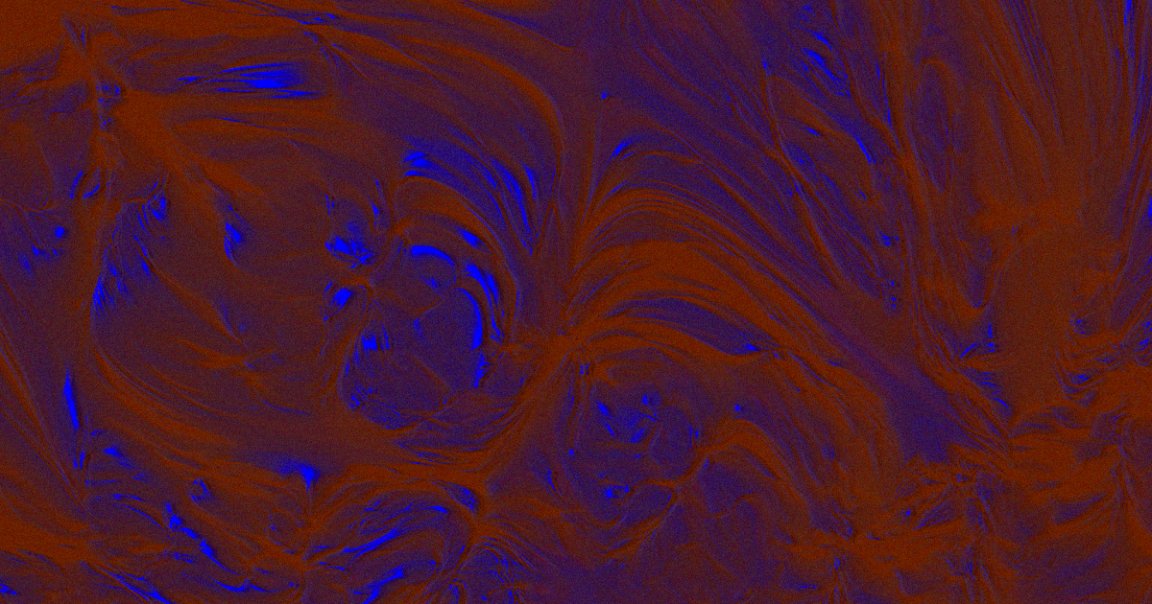
Cosmic Growth Hormones
Cosmologists have a new guess about why the universe is expanding outward faster than data says it ought to.
The hypothesis, according to research first shared on the preprint server ArXiv in November, goes as follows: When the universe was just a mere 100,000 years old, a mysterious energy field that scientists are calling “early dark energy” formed, rapidly pushing the still-forming cosmos outward even faster than before.
Another 100,000 years after that, the research suggests, the strange energy field faded away — and left the young, accelerated universe to its own devices.
Let’s Back Up
This new proposal is one of several intended to solve the discrepancy between the calculated rate of the universe’s expansion and actual observations of the cosmos as they rocket outward away from us, according to The New York Times.
Right now, the observable universe is expanding 9 percent faster than calculations suggest it did at the beginning of time. Scientists currently operate under the assumption that a mysterious force called dark energy drives the universe’s expansion. The periodic appearance of energy fields akin to “early dark energy” could explain the various periods of increased acceleration in the history of the universe, reports the NYT.
In fact, it could explain them well enough to account for the entire discrepancy between astronomers’ calculations and their observations.
“Maybe the universe does this from time-to-time?” Adam Riess, a Johns Hopkins University scientist who is also working to consolidate that discrepancy but didn’t contribute to the new research, told the NYT. He added that it’s “not the first time the universe has been expanding too fast.”
Breaking New Ground
Other explanations for the up-and-down acceleration of the universe’s growth rate would mean introducing yet-undiscovered types of subatomic particles or simply poring back over previous calculations to look for errors, reports the NYT.
And while finding that some scientist made some error along the way would be more pragmatic, the ideas that involve previously-unexplored aspects of physics, like early dark energy fields or new kinds of particles, are gaining ground.
“I was surprised how it came out,” Marc Kamionkowski, a Johns Hopkins cosmologist who was part of the study, told the NYT. “This works.”
READ MORE: Have Dark Forces Been Messing With the Cosmos? [The New York Times]
More on dark energy: New Theory: The Universe is a Bubble, Inflated by Dark Energy